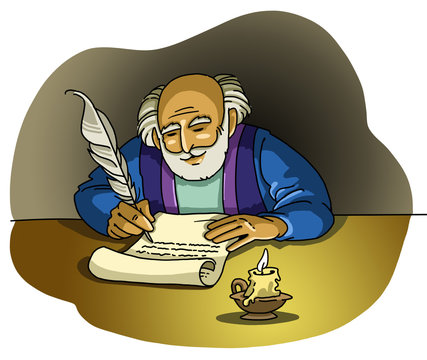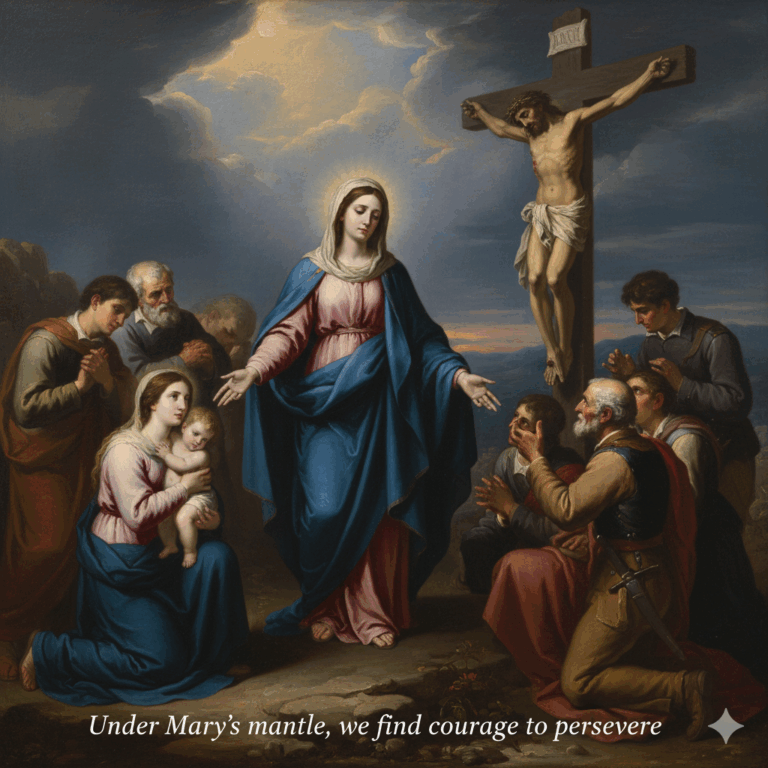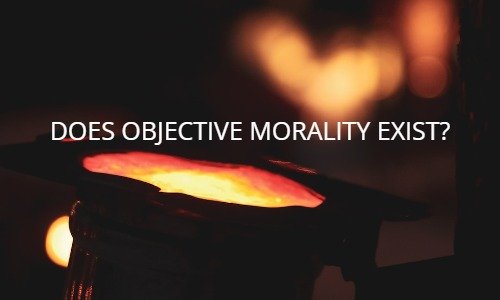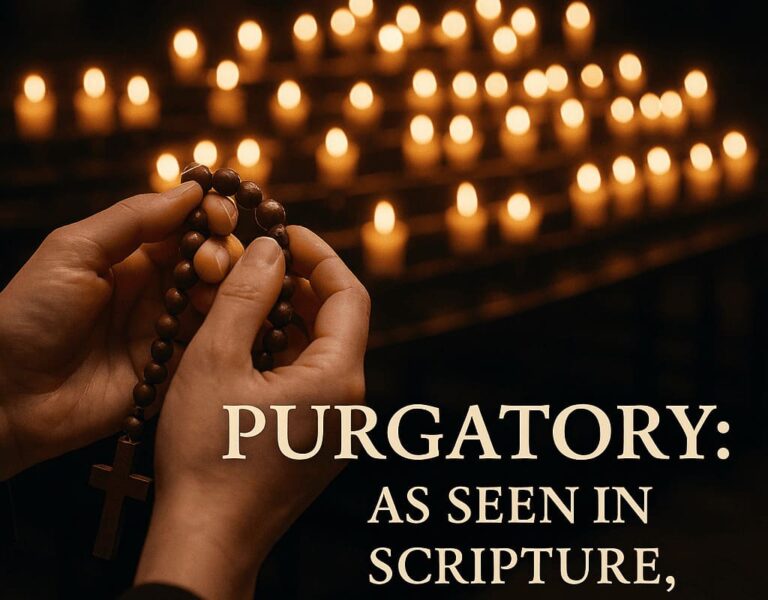There is a very cunning way of giving space to the proponents of misunderstanding regarding certain things that have to do with the orthodoxy and orthopraxis of the Church.
This is the case of those who, under the pretense of a false spirit of docility to the Church, deny both theologians and the faithful the opportunity and the right to evaluate previous documents that have meanwhile become firsthand ‘raw materials‘ for the formation (right or wrong) of public opinion.
Thus, is manifested, theological Goodism; which subtly and practically deviates from healthy realism.
Now, when an error of interpretation is not isolated, and what is more, it is huge, and if because of the authoritativeness of the erring person, in this case, the “super-theologian or super-apostle”, the attack is taken up by the mass media and certain publishing houses to thus contribute to forming the collective notion, the “common feeling”, then the theologian faithful to the Church cannot pretend nothing is wrong.
But let us say at once that this is not the first time in the history of the Church that such a phenomenon has been encountered. On the contrary, we know that in the history of the Church, there have been pronouncements of synods and councils that have been subject to further elucidation and clarification ad-intra and ad-extra of the Church.
It is the task of the theologian to investigate the nature and weight of the various pronouncements in the Church. Therefore, it is up to the Magisterium to always have the last word. “It may, however, happen that the theologian raises questions concerning – depending on the case – the appropriateness, the form, or even the content of the intervention.
This will lead him first of all to carefully certify what the authoritativeness of these interventions is, as it results from the nature of the documents, from the insistence on re-proposing a doctrine, and from the very manner of expression [cf. LG 25 § 1: EV 1/334]”. The theologian, however, cannot oppose the authoritative teaching of the Church. The Church in turn has never annihilated the function of theologians; it has only delimited what the line of action of a good (speculative) Catholic theologian should be.[1]

If a St. Paul in order to defend the upright doctrine of the Church had to affirm in self-defense in the face of other discordant teachers, “I hold that I am in no way inferior to these ‘super apostles'”! (2 Cor 11:5), so today, the theologian who is faithful to the Peter of Always and to the upright doctrine of the Church, even if he is not on the same level as Paul, nevertheless feels the need to say with him, even if only in a similar way: “I hold that I am in no way inferior to these ‘super theologians and super apostles”!
It must be said that it is not always true that the midpoint between two errors constitutes the moderate attitude and therefore the right measure. In fact, there are errors that converge in their fundamental elements and in this case, an attempt to find a midpoint between the two errors would lead to an equally serious betrayal.
To get down to specifics, there is, for example, no moderate (or midpoint) between the essence per se of two different manifestations of disobedience to the Peter of Always, in matters concerning faith and morals. This is the deplorable case of the false sympathizers who, more out of weakness of mind than magnanimity of spirit, try in every way not to offend either Titus or Caius insofar as these two – opposed as they are to each other – are opposed to the perennial Magisterium of the Church.
More often than not, they end up offending both Titus and Caius and the perennial Magisterium. But “No one can serve two masters: either he will hate the one and love the other, or he will prefer the one and despise the other […]” (Mt 6:24).
It is a spirit of false sympathy that pretends, for example, not to see the bone of contention between the spirit of super-traditionalism and the spirit of super-novice on the one hand and the spirit of true fidelity to the Church of Dogmas on the other hand – that is, of intangible truths.
This spirit of false sympathy pretends not to know that certain texts emanating from Vatican II have become the leitmotif in the attitudes of certain exponents who refer to the same council in order to explain their avant-garde and dissents positions. There is therefore a need to re-elucidate and re-propose the perennial doctrine of the Church.
[1] See JOHN PAUL II, Apostolic Letter given Motu Proprio AD TUENDAM FIDEM, inserting certain norms into the Code of Canon Law and the Code of Canons of the Eastern Churches.







